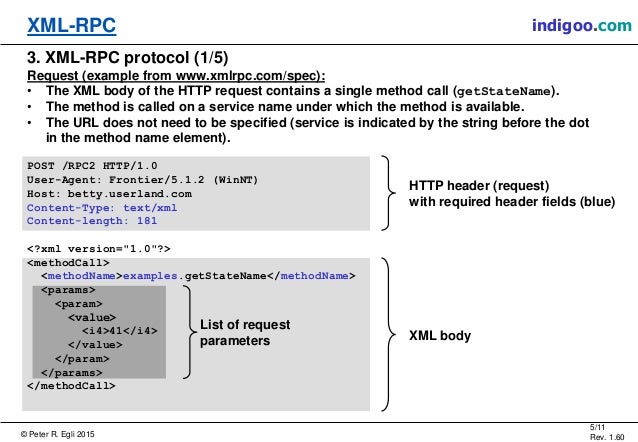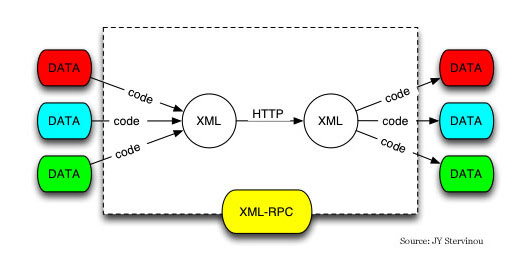
- Bugzilla xml rpc how to#
- Bugzilla xml rpc code#
- Bugzilla xml rpc password#
- Bugzilla xml rpc windows#
&limit=10000 This one is important: What is the max number of test cases you want returned? Enter that here.
Bugzilla xml rpc code#
Not important for my tasks as I perform sorting in code &order=case_id indicates some type of order. &product_id=7 lists the product we are working with (e.g.
Bugzilla xml rpc password#
&Bugzilla_password=SomePasswordHere tells Bugzilla my user's password & (Ampersand) indicates that I'm passing additional tells Bugzilla (which Testopia plugs into) which user I'm authenticating as. Plan_id=40 indicates that I want to look inside TestPlan # 40 ? (question mark) indicates that I'll be passing some parameters is the fully qualified path to the webservice I'm hitting Be sure to note that multiple test cases are in the response! Do something with the test case data received I've got a less than elegant solution using XMLReader, but you may find something else more effective: This will return an XML list of testcases which you can parse in code. you can change this to json if you prefer.

&product_id=7 lists the product we are working with (e.g.&Bugzilla_password=SomePasswordHere tells Bugzilla my user's password.tells Bugzilla (which Testopia plugs into) which user I'm authenticating as.& ( Ampersand) indicates that I'm passing additional parameters.plan_id=40 indicates that I want to look inside TestPlan # 40 (Testopia).? ( question mark) indicates that I'll be passing some parameters.is the fully qualified path to the webservice I'm hitting.Here's the complete URL I ended up of the URL components ( There are user-customizable settings here): Rather than linking another library needlessly (I'm not a fan of adding complexity if I can avoid it), I just used what I found via Firebug to setup an HTTP GET request which queries data from the Testopia TestPlan XML-RPC webservice. Use HTTP GET requests to pull data from an XML-RPC webservice This showed me how the http get requests behind the testplan query. With Firebug's Net tab enabled I browsed to the Testopia Test Plan screen and selected one of the plans. It seemed a bit inefficient to add a new DLL to my project for something so seemingly simple. There is if you want to use it in C#, but all I really wanted to do was pull a list of testcases.
Bugzilla xml rpc windows#
I've done some work with Java web services and Windows Communication Foundation (WCF), so not having a WSDL was puzzling. I've linked to a couple of places you can find out more specifics above in the Notes.įor me, XML-RPC was a little bit difficult to understand. Testopia exposes an API which makes it easy to pull information from the TestCase database.
Bugzilla xml rpc how to#

Given the generic nature of this test procedure, it seems impractical for QA to maintain a set of test cases in a test tracker (Testopia in our case) and a separate set of automation scripts. A lot of our tests revolve around passing parameters to an executable and reading the output to determine if it is valid.


 0 kommentar(er)
0 kommentar(er)
